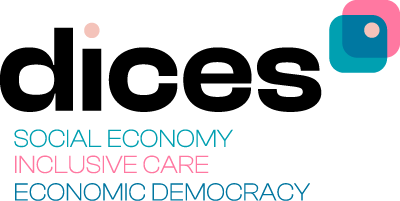About the DICES project
DICES aims to bridge this gap by:
- Enhancing understanding of Europe’s social economy and identify factors driving its uneven development.
- Evaluating the role of social economy organisations in addressing social exclusion and improving services and workplaces.
- Recommending policy measures and governance frameworks to unlock the social economy’s potential, including strategies for identifying and promoting best practices.
Firstly, DICES establishes a conceptual and empirical framework and conducts a mapping, examining the social economy’s integration into welfare governance frameworks.
Secondly, DICES uses ‘deep dives’ to investigate contributions at local, including in left behind places, and organisational levels, including in the provision of care. This work builds on case studies and pilot actions, a survey, small-scale experiments and other innovative methods. This approach is connected through the identification of conditions that would allow organisational experiments to scale up into institutional experiments.
DICES uses interdisciplinary methods across EU and non-EU countries. The project engages stakeholders through co-design of pilot actions and peer review cycles, complementing quantitative and qualitative studies. Stakeholder input helps develop concrete policy proposals. DICES disseminates findings through research papers policy briefs, a digital storyboard, webinars, and toolboxes for policymakers and practitioners to maximise impact on policymakers, stakeholders, and the public.
Team

KATHOLIEKE UNIVERSITEIT LEUVEN
HIVA – Research Institute for Work and Society is a multidisciplinary research institute of KU Leuven. The top priorities are scientific quality and societal relevance. HIVA conducts high-quality, innovative academic and policy-oriented research that works for people and society. The institute translates research findings into policy advice and tailored training. Attention for the problems affecting workers, socially vulnerable groups, social organisations and movements in society is always the common thread. They focus on themes of concern for a caring, solidarity-based and sustainable society. The Centre of Expertise for Cooperative Entrepreneurship (KCO) is a research and teaching centre within the Faculty of Economics and Business at KU Leuven. Together with our partners, KCO strives to strengthen the field, and to come to a thorough understanding of cooperative entrepreneurship and economic democracy for the broader society. KCO’s envisioned goal is therefore to produce impactful research, and to advance and spread academic as well as practical proficiency regarding cooperative entrepreneurship and its many facets.
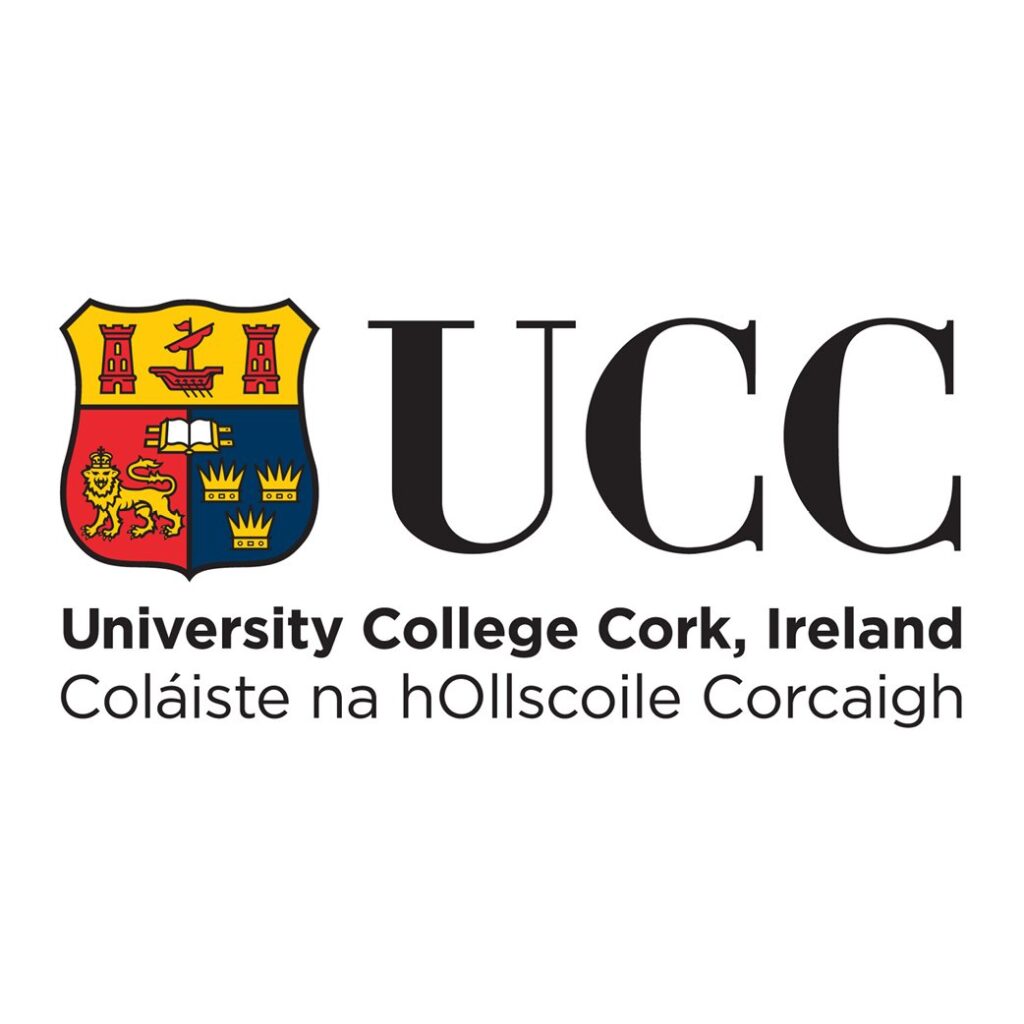
UNIVERSITY COLLEGE CORK – NATIONAL UNIVERSITY OF IRELAND, CORK
The Centre for Co-operative Studies at UCC promotes, through its research, consultancy and educational activities, the continued growth of the co-operative movement as an effective, locally-owned and democratically-controlled sector of the economy, designed to address urgent needs and enable communities to thrive and transition towards a sustainable future. Centre for Co-operative Studies research explores the application of co-operatives and other social economy models to a range of sectors and societal challenges, such as sustainable agriculture and food, sustainable energy transitions, financial inclusion, and social care. ISS21 (Institute for Social Science in the 21st century) is an interdisciplinary research institute for the social sciences in UCC. ISS21 is built around dynamic, bottom-up collaborations between over 200 staff across 19 academic departments throughout the University. Through interdisciplinary thematic research clusters and working groups, and funded research projects, ISS21 research addresses key questions facing Irish, European and global societies in the 21st century.

SOFIA UNIVERSITY ST KLIMENT OHRIDSKI
The Department of Sociology at Sofia University has two main functions to serve the needs of society: Since its foundation in 1976, the Department of Sociology has been a leader in graduate and postgraduate education and research in sociology in Bulgaria; Since the beginning of 1990, it has been carrying out academic and policy-oriented research projects focusing on various challenges related to the post-communist transformations and their impact on higher and secondary education, work and employment, corruption, urban space and rural areas. Researchers at the department bring in and accumulate new knowledge and data, adapt them to their teaching courses and formulate policy recommendations.
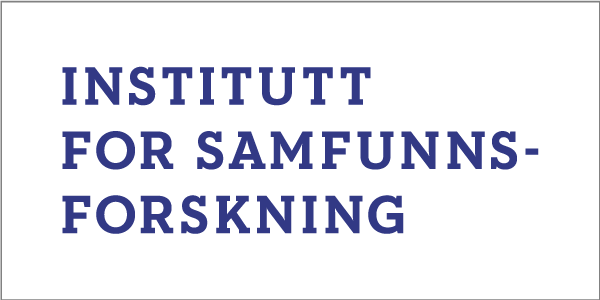
INSTITUTT FOR SAMFUNNSFORSKNING
The Institute for Social Research (ISF) is an independent, multidisciplinary research institute in Oslo. The institute has around 60 permanent employees and its goal is to be a leading research community in the areas of civil society, politics and working life. Our funding stems primarily from project financing with large actors like the EU and The Research Council of Norway as the main funders, supplemented by applied projects commissioned primarily by government ministries and agencies. The Institute for Social Research seeks to create a broad research environment without sharp distinctions between basic and applied research. The research shall be independent, innovative, socially relevant and of a high academic standard. We place emphasis on our research being published in peer-reviewed publications and forums. At the same time, we actively work to make our findings relevant, and we produce a considerable number of research reports and policy briefs that are routinely emphasized in policy formulation and public debate.
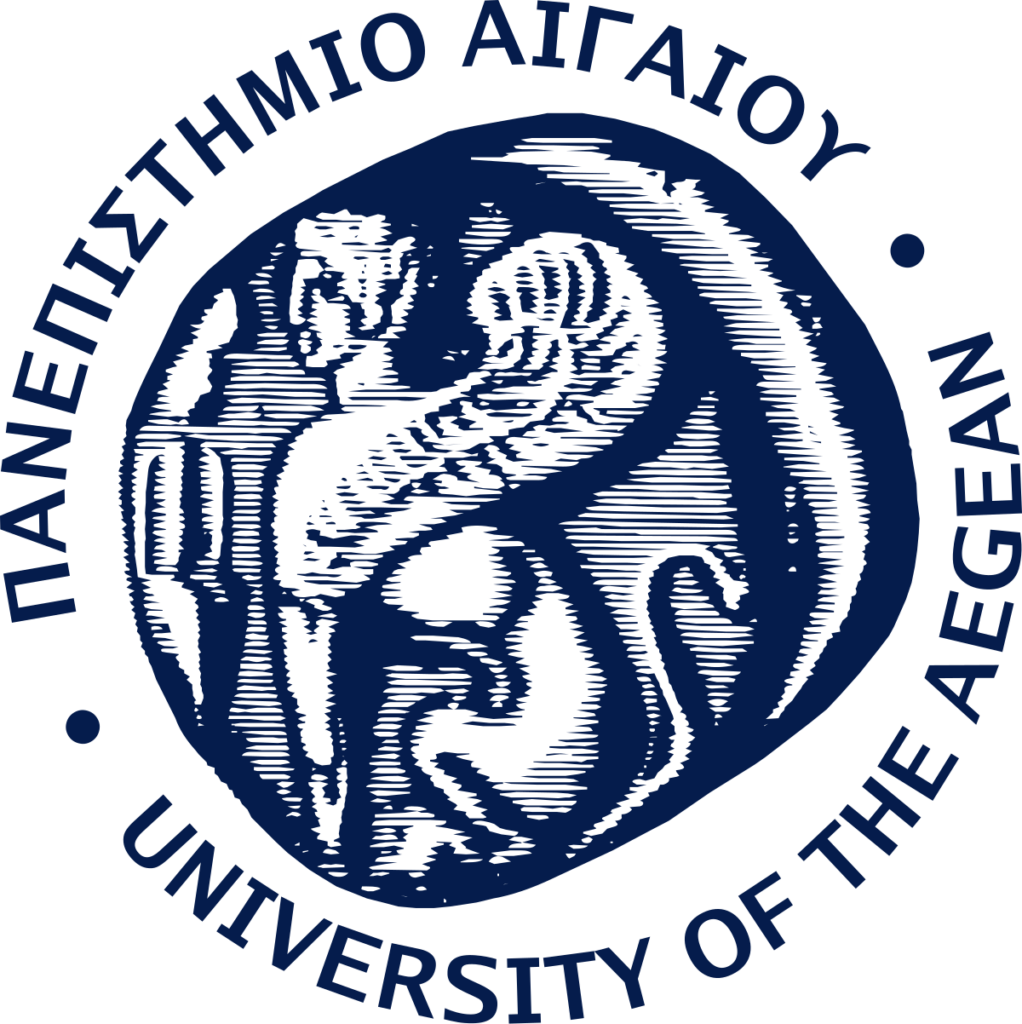
PANEPISTIMIO AIGAIOU (UNIVERSITY OF THE AEGEAN)
The Department of Geography of the University of the Aegean covers both the fields of physical and human geography, fostering innovative learning and research. Its research explores diverse natural and social phenomena, providing interdisciplinary knowledge essential for addressing modern challenges such as urban transitions, labour markets’ shifts, natural disasters, and particular types of natural endowments (e.g., petrified forests). The methods used within the department combine spatial analyses and GIS applications with geographic knowledge, for providing practical solutions and policy insight. The Labour Geography Research Lab, explores the spatial dimensions of labour at national, regional, and local levels, in the context of a variety of broader transitions such as decarbonisation, touristification, and economic crises. Drawing from Critical Geography and Political Economy, the Lab interprets research findings for providing deep insight and practical solutions, as well as for proposing labour market policies. The Lab’s research team is multidisciplinary, coming from diverse backgrounds such as Sociology, Topography, Architecture, Regional Planning.

LEIBNIZ-INSTITUT FUR LANDERKUNDE EV
The IfL is the only research institute for geography in Germany which is not attached to a university. The research carried out at the IfL is concerned with spatial structures and current developments that have a spatial impact in Europe, as well as with the theoretical and historical foundations of Regional Geography. Under the heading “Geographies of the regional” the researchers analyse ongoing processes of change, particularly in Central and Eastern Europe. The IfL is further tasked with visualising social change and preparing information about sustainable and regionally balanced development concepts. An important area of the institute’s work is the presentation of research findings for specialist and more general audiences.
Within IfL, the research area of “Multiple geographies of Regional and Local Development” (MultiReg) focusses on diverging socio-spatial developments in Europe and new perspectives of research on this issue. The focus is on the question of how actors from politics, the economy and civil society initiate new developments. What obstacles are overcome in doing so? To what extent can processes of regional and local change be understood as collaborative forms of state and civil society action? Contributing to the wider debate on spatially balanced and socially just development, the research area looks into alternative perspectives on structurally weak and peripheralised regions in Germany and Eastern Europe.
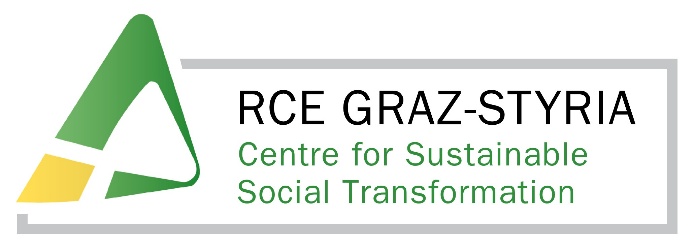
UNIVERSITAET GRAZ
The Regional Centre of Expertise (RCE) Graz-Styria is the Centre for Sustainable Social Transformation of the University of Graz. It was established in 2007 as part of the global network of RCEs initiated by the UN during the “Decade for Education for Sustainable Development” between 2005 and 2014. In this spirit, the RCE aims at developing sustainable solutions to societal problems, often in co-production settings together with praxis actors. We thus understand social ecological transformation as a complex process involving qualitative changes of processes and structures on cognitive, practical and emotional levels. The RCE is conducting various projects on local, regional, national and international scales. It combines a strong focus on applied research with theoretical work and features its results in both popular and scientific publications. The RCE is academic member of the VÖWG (The Federation of Public and Common Economy, the Austrian member of CIRIEC). Since 2020, the RCE is strongly engaged in applied and theoretical research on the social economy in different spheres of economic activity.
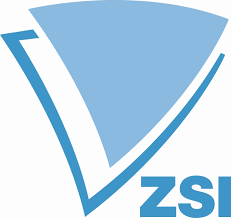
ZENTRUM FUR SOZIALE INNOVATION GMBH
ZSI is a scientific institute, established as a non-profit association in 1988 and duly operational since 1990. ZSI is a self-governing organization, a not-for-profit GmbH (Limited Liability Company, LLC) owned by an association of which the members are ZSI’s employees. ZSI conducts research on the social embeddedness, contexts and impacts of all manner of innovation and contributes to the designing of social, technological and organisational innovation processes that contribute to beneficial social change. Its department “Work and Equal Opportunities” (A&C) focuses on socially innovative work, topics in the fields of labour market, job quality, social policy and social inclusion. We conduct quantitative, qualitative and mixed-method research, often with participatory and co-creation methods, support the development of social policy strategies in multi-stakeholder environments, provide policy advice, foresight, and facilitation.
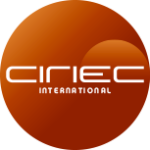
CENTRE INTERNATIONAL DE RECHERCHES ET D'INFORMATION SUR L'ECONOMIE PUBLIQUE, SOCIALE ET COOPERATIVE AISBL
CIRIEC-Aisbl (International Centre of Research and Information on the Public, Social and Cooperative Economy) is a non-governmental international scientific organization gathering institutional members, practitioners, public authorities, trade unions, and researchers. It was created in 1947 in Geneva, next to the International Organisations and Bodies, after World War II. CIRIEC celebrated its 75th anniversary in 2022.
CIRIEC’s objectives are to undertake and promote the collection of information, scientific research, and the publication of works on economic sectors and activities oriented towards the service of the general and collective interest. Be it the action by the State and the local/regional public authorities in economic fields (economic policy, regulation); public and social utilities; but also the social economy. CIRIEC has an original feature since it develops activities (researches, publications, events) of interest to a varied audience: practitioners, managers, public decision-makers, researchers, trade unionists, and other stakeholders. CIRIEC acts as a platform for exchange and promotion of scientific reflection, in a spirit of cooperation and mutual enrichment.
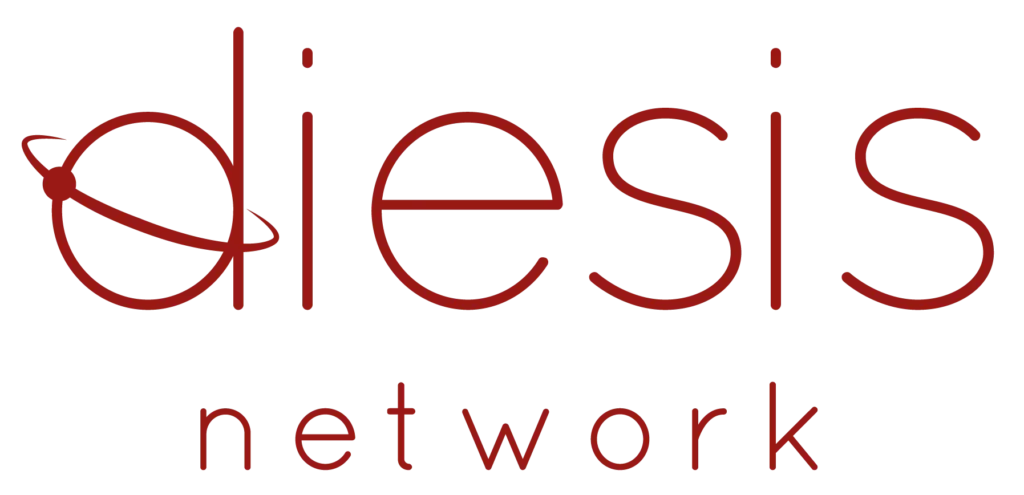
DIESIS NETWORK
DIESIS NETWORK is one of the widest networks specialised in supporting the development of the social economy, social entrepreneurship and social innovation, federating 60 national Social Economy support organisations from 27 countries, of which 16 are EU, 7 other European countries (Western Balkans and Ukraine) and 4 international. DIESIS members represent over 90,000 social organisations and more than 1.2 million workers through major national federations and national support networks. DIESIS is a member observer of the United Nations Task Force on SSE and is part of the Pact for Skills for Social Economy. It is part of Social Economy Europe, CECOP/CICOPA, SSE Forum International, and Platform Cooperative Consortium. DIESIS works in partnership with European thematic networks and platforms such as ETUC, REVES and GSEF, extending its activity outside Europe. From 2015-2018, DIESIS was part of GECES, assisting the European Commission in implementing the Social Business Initiative and its further developments. In 2022, DIESIS was selected as a Meta-Cluster from the European Cluster Collaboration Platform, led the consortium assisting the EC DG GROW in the co-creation process of the Transition Pathway for Proximity and Social Economy Ecosystem and implements contents and promotion for the EU sectorial stakeholders platform; it is also a co-coordinator of the Sectorial Blueprint project for Social Economy and Proximity Skills & Advanced Trainings Schemes which will define set of skills for the sector during the next 4 years.
